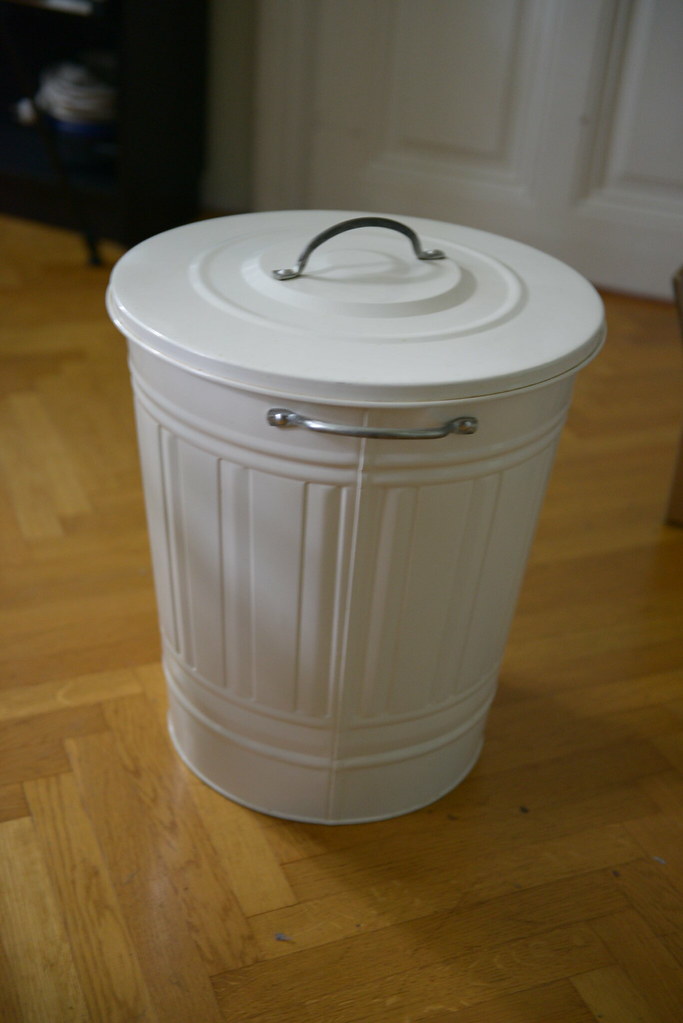Quick background... I'm an American who lived in Finland (Pori) for about two years, and was fortunate enough to meet the woman of my dreams. That was 13 years ago, and we've been happy ever since, living in the US, Korea and now the UK.
Since having kids about seven years ago, we don't spend Christmas in Finland anymore, but do travel back on boxing day or the day after. Each year it's a challenge to find a good ham that meets the high standard that joulukinkku sets with regard to taste.
My wife and I have had lengthy, passionate discussions about Finnish Christmas ham. I'm of the position the "typical" Finnish ham is wet-cured (brined), but obviously not cured with the nitrites that normally turn the ham pink, and not overly-salted (as is the case with some UK hams that require soaking prior to cooking). In the UK, this would be called "gammon", a word that I actually had to look up some years ago as a native "American English" speaker.
I would appreciate to understand the positions of the Finland Forum members on this critical, yet delicious issue.



